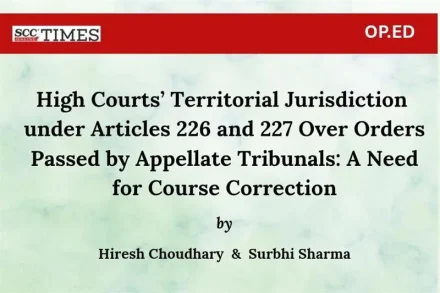
High Courts’ Territorial Jurisdiction under Articles 226 and 227 Over Orders Passed by Appellate Tribunals: A Need for Course Correction
by Hiresh Choudhary* and Surbhi Sharma**

by Hiresh Choudhary* and Surbhi Sharma**
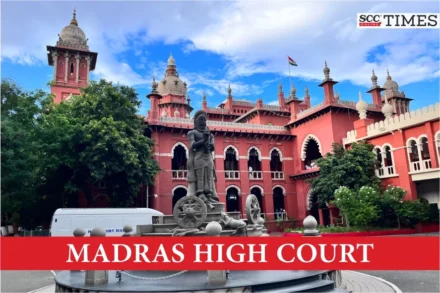
The Court said that while the appellant claimed to be a target of high-frequency microwave radiation, he had not provided any evidence to substantiate these claims, nor had he identified those allegedly targeting him.
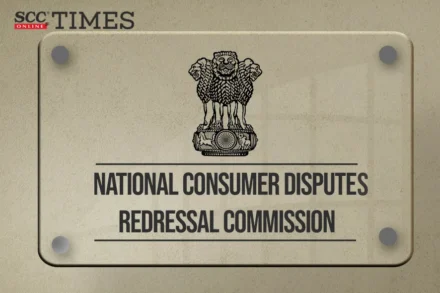
The NCDRC noted that Reliance General Insurance did not take the issue of territorial jurisdiction before SCDRC; therefore, SCDRC basing its decision on the same, was bad in law.
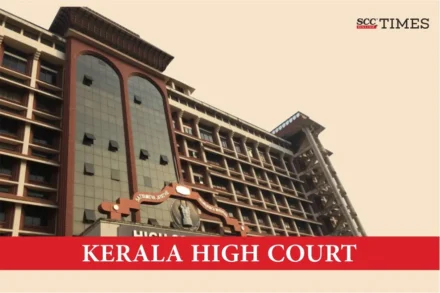
Under Section 24 (1) of the Code, the High Court or District Court may at any stage withdraw any suit, appeal or other proceeding pending in any court subordinate to it; and transfer the same for trial or disposal to any court subordinate to it and competent to try or dispose of the same.

When the Court suggested it was not inclined to entertain the writ petition due to territorial jurisdiction, the petitioner’s counsel sought permission to withdraw the petitions. The Court granted this request, allowing the petitioner to take appropriate legal steps.
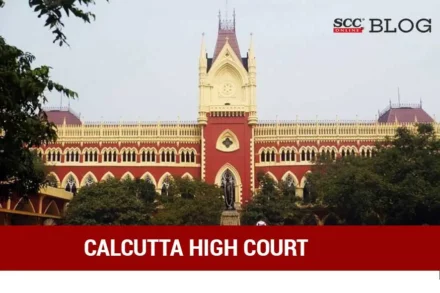
“The compliance of provision under Section 202 of the CrPC, 1973, is compulsory and unavoidable for a Magistrate before issuance of summons in case of alleged offender who resides outside his territorial jurisdiction.”
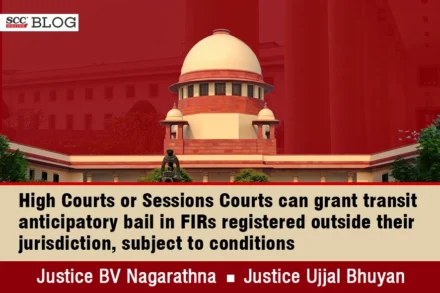
Since anticipatory bail as well as transit anticipatory bail are intrinsically linked to personal liberty under Article 21 of Constitution, it would be necessary to give a constitutional imprimatur to the evolving provision of transit anticipatory bail.
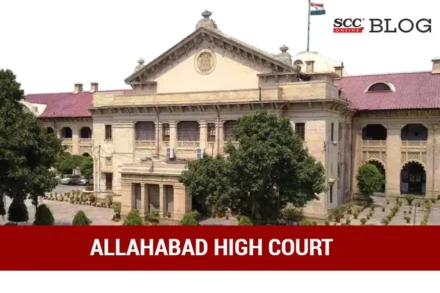
“Considering the undisputed status of wife’s residency in Australia, the provisions of Section 19 of the Act would not come to her rescue.”
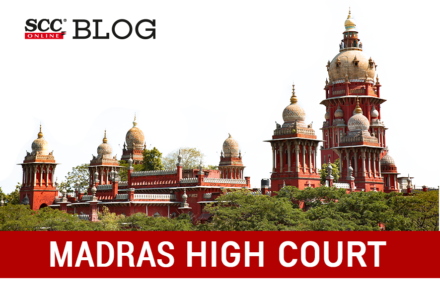
Madras High Court upheld the right of the UGC to impose Regulation for territorial jurisdiction referring to the primacy given to the UGC under the UGC Act, 1956, as well as Entry 66 of List 1 of the 7th Schedule.
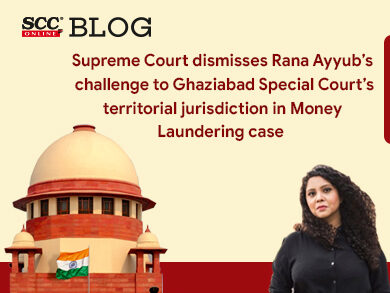
Explaining the scope of the territorial jurisdiction of Special Court under the Prevention of Money-laundering Act, 2002, the bench of V Ramasubramanian and JB Pardiwala, JJ also held that the trial of the scheduled offence should follow the trial of the offence of money-laundering and not vice versa.
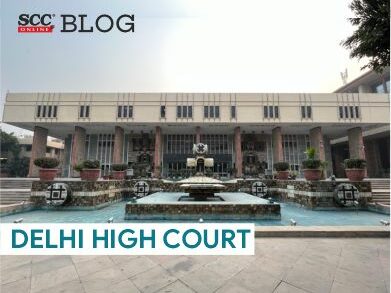
Mere expression “place of arbitration” cannot be the basis to determine the intention of the parties that they have intended that place as the “Seat of Arbitration”
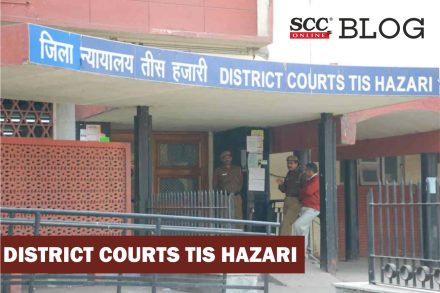
“Questioning the honesty of a person is the worst form of accusation and the same can have a serious detrimental effect on the reputation of a person. It would harm the reputation of any person, and especially an advocate, in the estimation of the right-thinking members of society. There is no doubt that such a statement is per se defamatory.”
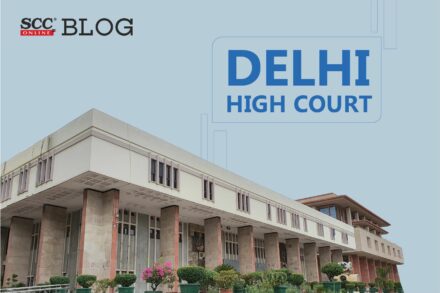
Delhi High Court: In a petition filed by Jaideep Singh (’Petitioner’) for quashing of FIR registered by Shaildendra Singh (‘Respondent
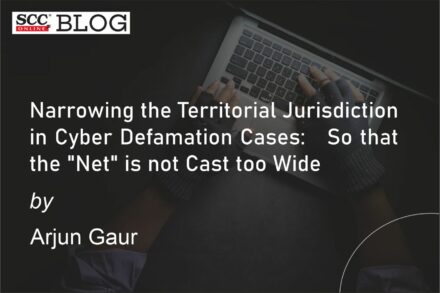
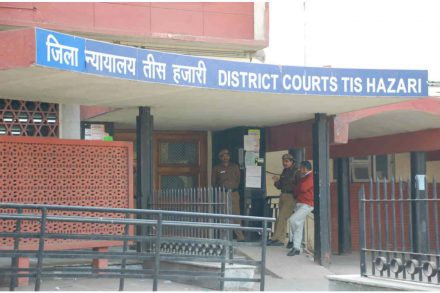
Tis Hazari Court, Delhi : Vinod Kumar Gautam, Additional District Judge, while addressing the matter regarding the question of territorial jurisdiction, has
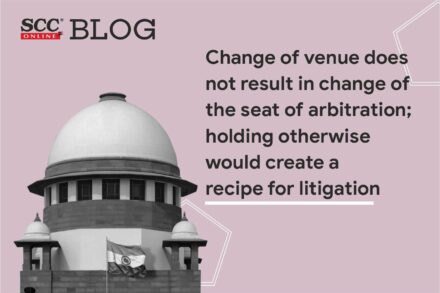
Supreme Court: The bench of Ajay Rastogi and Sanjiv Khanna*, JJ has held that subsequent hearings or proceedings at a different location
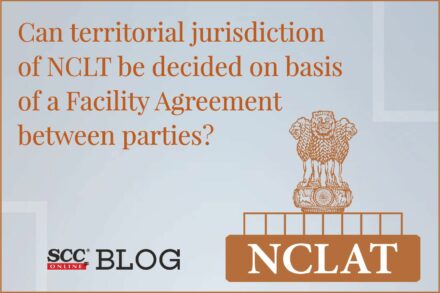
National Company Law Appellate Tribunal, New Delhi (NCLAT): The Coram of Justice Ashok Bhushan (Chairperson) and Shreesha Merla (Technical Member) held that,
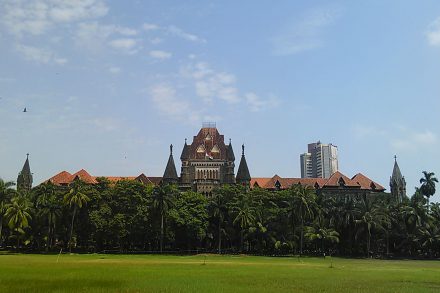
In compliance with the Supreme Court’s decision dated 16-4-2021, passed in (2021) 10 SCC 598 “In Re: Expeditious Trial of Cases under
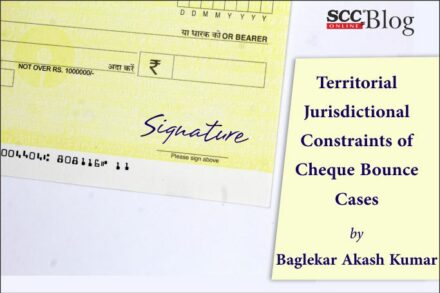

Bombay High Court: Division Bench of V.K. Jadhav and Shrikant D. Kulkarni, JJ., addressed a case of ‘Honour Killing’ by a brother